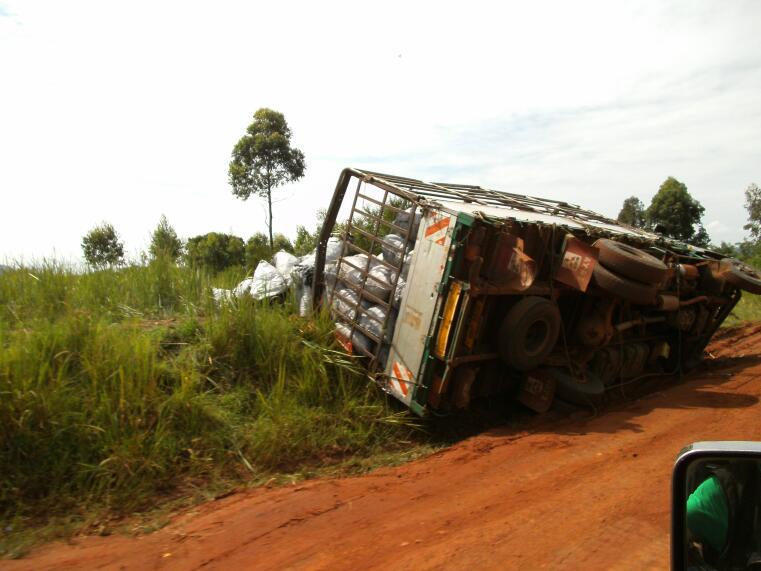The future in the time of corona
By social anthropologist Dorothea Schulz

“I don’t understand why you’re so worried about the uncertain future. This is nothing new for us. I’ve always lived with the idea that tomorrow can bring anything, good and bad”. This is the remark that an old friend living near the town of Mbarara in southwest Uganda made when I asked him in early March how he and his family were coping with the difficult economic situation in the corona crisis. His answer points (as does my worried question) to a particular view of futurity, one that (just like mine) should be interpreted not in a culturalist way, i.e. by referring only to “cultural notions”, but rather by taking into account specific socio-economic and political-institutional conditions.
It was at the end of February that the seismic effects of the corona pandemic began to reach those African countries whose society, history and politics are now familiar to me through many years of research: Mali and Uganda. I spent the following weeks trying more or less every day to reach colleagues and friends by telephone. Deeply worried, I kept asking about their and their family’s state of health, and about how they and those in their immediate vicinity could mitigate the negative economic effects of the lockdown. What struck me most powerfully during these telephone conversations was – and still is – the mixture of concern and controlled composure, combined with the usual pinch of humour with which they responded to my worried enquiries. These reactions strike me as remarkable not only in view of the manifestly inadequate medical infrastructure and the (for many) deeply precarious economic situation in both countries, but also because the reactions are in stark contrast with tendencies in European public discourse to identify the impossibility of planning and predicting the immediate future as a sign of crisis. Like my friend’s statement mentioned at the beginning, the reactions point to a view of the future that is characterized by unpredictability, the impossibility of planning, and uncertain outcomes.
In his The Future as a Cultural Fact, Arjun Appadurai distinguishes between two ways of conceiving the future. One is to view the future as a “horizon of probabilities”, emphasizing the possibility of anticipating and planning future events and outcomes by drawing on past experiences, and hence of establishing (relative) predictability. The second term, “horizon of possibilities”, refers to an attitude towards the future that emphasizes open-endedness and a variety of possible developments and actions. Appadurai’s conceptual distinction helps interpret the different perspectives on the current situation mentioned above – as either a “crisis” and a radical break with what has up to now been familiar, or a déjà vu and a constellation that confirms, rather than challenges, common conceptions of futurity.
This does not imply that my friends and colleagues in Uganda and Mali do not perceive the current situation as deeply worrying and threatening, particularly with respect to the serious economic implications of the corona restrictions. Similar to popular responses all over Europe, these apprehensions manifest themselves in a very active rumour mill and wild conspiracy theories that can only be explained through their emotionally performative force.
Nevertheless, the conception of futurity articulated by colleagues and friends in Uganda and Mali, one that sees the future as a range of possibilities, might serve as a reminder that interpreting current unpredictabilities as a sign of “crisis” indexes a culturally and historically specific view of the future.

